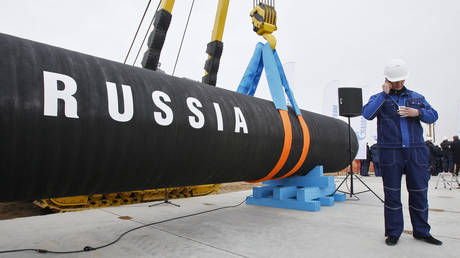I disagree. First, it will take quite some time for NATO to bring in substantial troops into Eastern European NATO countries. I recommend you have a look at this: Reinforcing Deterrence on NATO's Eastern Flank: Wargaming the Defense of the Baltics | RAND. Please consider how long it will take to bring six-seven brigades to the Baltics. This is for defense only of course, not for an offensive. which would require something else.It's not the actual numbers but the fact that troops are there in area which is in Russia's backyard. NATO no doubt has a small number of troops there but it could easily raise those numbers if required. Ultimately whether it's 4,000 or 10,000 NATO troops; it's a very significant political statement and is viewed by Russia as a threat or as provocative; just like how NATO would view Russian troops who were 'invited' into Belarus; whether it's 1,000 or 5,000.
Second, It is not clear to me how a few thousand troops can be viewed as a "threat" by Russia, especially given the massive concentration of Russian troops in Kaliningrad, Belarus, and Western parts of Russia. Can you explain how such a low number of troops is a threat against Russia? Russia have amassed more than 100,000 troops close to Ukraine, a much smaller country than Russia, which a much smaller and weaker military. This is (according to Russia) not a threat to Ukraine. It seems incredibly odd then to claim that 2000 extra US troops poses a "threat" to Russia.
Can you also please let me know where NATO says that 1000 or 5000 Russian soldiers in Belarus is a "threat" to NATO?





